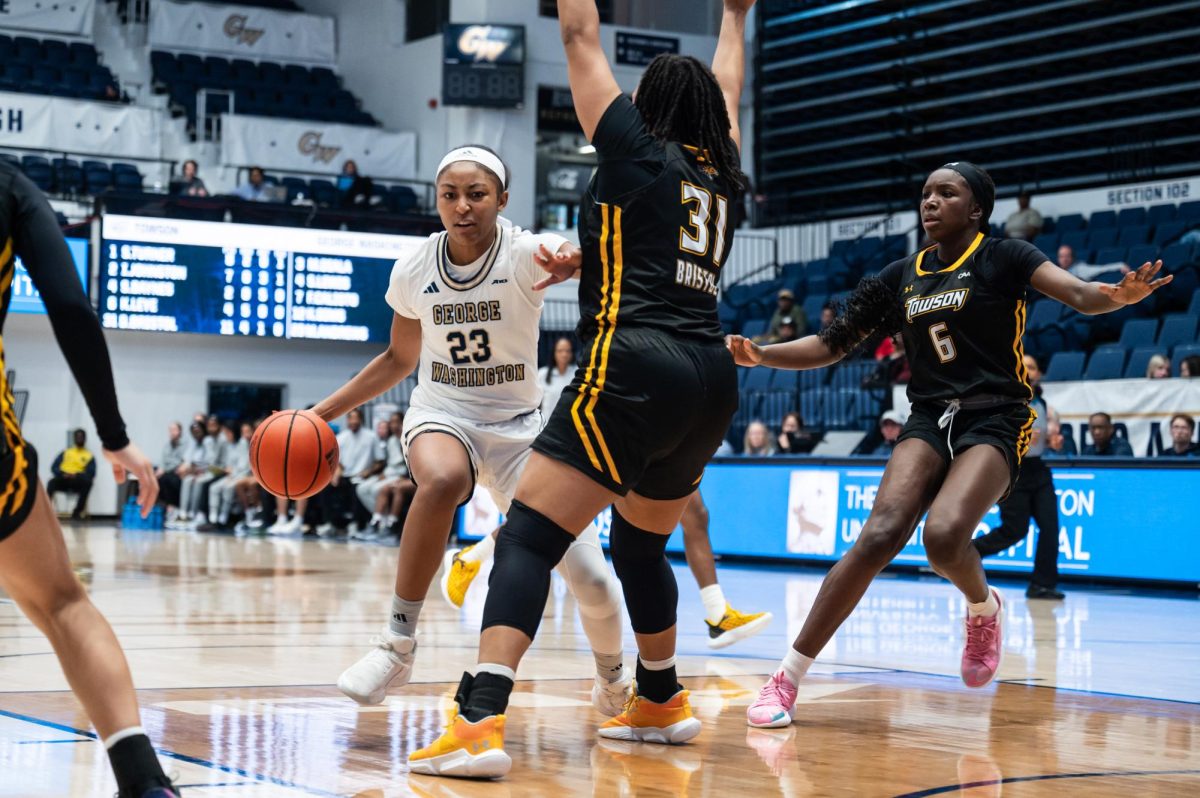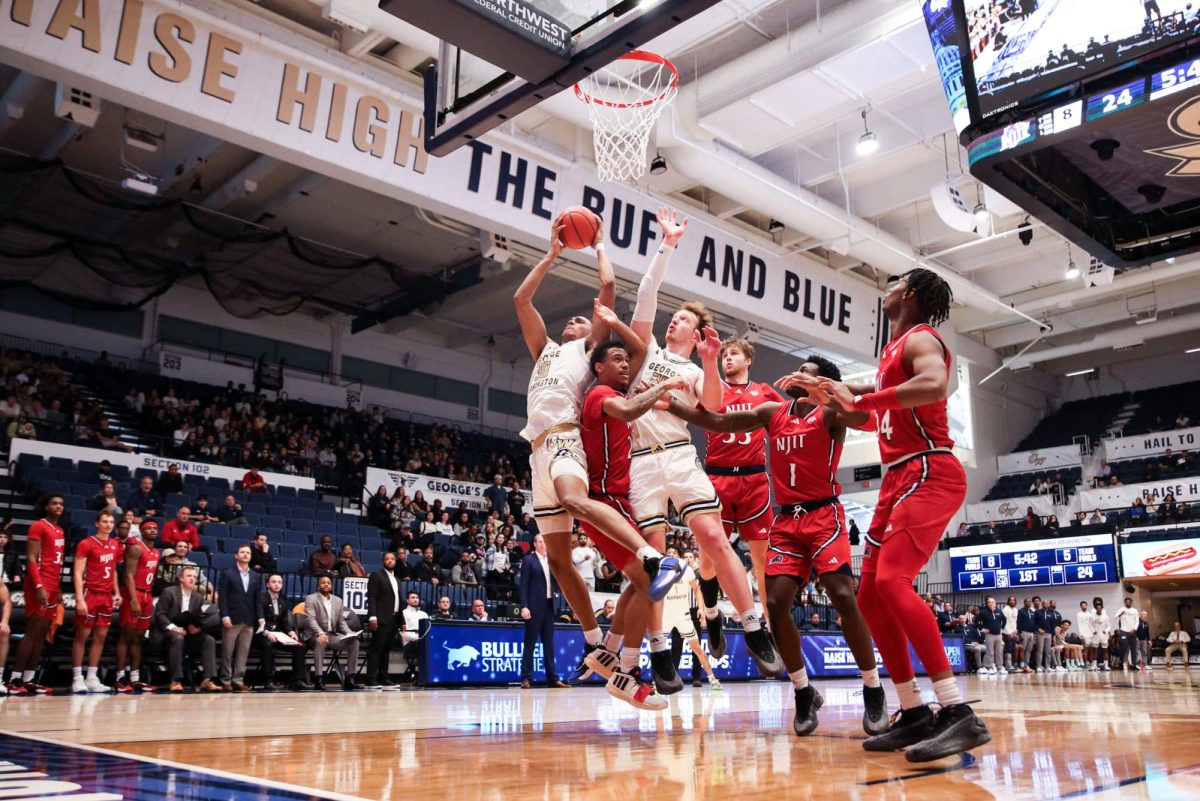In the spring of 1947, Brooklyn Dodgers manager Leo Durocher let the whole world know what he thought about Jackie Robinson.
“I don’t care if the guy is yellow or black, or if he has stripes like a f***ing zebra,” he said. “I’m the manager of this team, and I say he plays.”
Fifty-seven years ago today, Jackie Robinson became the first black Major Leaguer in the game’s history. In addition to having his number retired in every Major League ballpark, the first annual “Jackie Robinson day” will be commemorated by MLB Commissioner Bud Selig Thursday night in a ceremony at Shea Stadium.
A nice gesture, but it’s a shame that it took almost 60 years to create a day to honor the man who helped in igniting the civil rights movement.
People often overlook Robinson’s influence outside of baseball, thinking of him as just an athlete. But he broke baseball’s color barrier in 1947, six years before Brown v. Board of Education, and a decade and a half before the Civil Rights Act. There is little doubt he acted as a catalyst for both.
Baseball is supposed to be America’s pastime but it became one of the first institutions in this country to reform its racist structure. If baseball is our national sport, then April 15 shouldn’t just be a special day in the game. It should be a national holiday in our country.
Here at GW, we’ve been ahead of the curve in honoring Robinson. Three years ago, sociology professor Richard Zamoff, along with the University’s Jackie Robinson Society and Multicultural Student Services Center, created an annual week of events to celebrate Robinson’s life and contributions to society.
Because he’ll be busy participating in GW’s events, Zamoff had to turn down an invitation from Selig to attend Thursday’s ceremony in New York. No hard feelings, Zamoff said. Any other week of the year and he’d be at Shea. However, he said he plans to enlarge the invitation on poster board to show it off.
That baseball thought to invite Zamoff shows his efforts have not gone unnoticed outside GW. And paying tribute to Robinson, as Zamoff has, is what this week should be about. So I ask for one ground rule for the next week: stop the negative baseball talk we’ve grown so accustomed to lately.
For one week, stop complaining about the game’s current problems. Stop whining about steroids, small market teams, zillion dollar contracts and the damn Yankees. Admit it – we don’t have it that bad.
Imagine what Robinson would say if a reporter asked him about the steroid problem or the league’s collective bargaining agreement. He’d probably say he has other things to worry about, like trying to survive playing a game while being showered with racial slurs from fans, coaches and players.
Without his breakthrough and perseverance, we wouldn’t have the luxury of worrying about problems that, in hindsight, should seem petty. Without Robinson, there would be no speculation on whether Barry Bonds’ Popeye arms (and head) are chemically inflated. Without Robinson, there would be no mention of Hank Aaron’s record being threatened by men whose accomplishments could be clouded by BALCO speculation. Without Robinson, Aaron could not have hit one home run in the major leagues, let alone 755 of them.
Robinson has brought baseball a long way since the 1940s, and for that we should be grateful. I’m fed up with people telling me that the game used to be better decades ago.
Here’s a news flash: baseball’s past is about as pristine as a bathroom at Yankee Stadium. Racism, gambling and drugs are all part of the game’s history. We need to face the stiff reality that baseball will always have problems, just like every other American institution.
Considering the problems Jackie Robinson had to face, today’s issues in baseball aren’t so bad.






